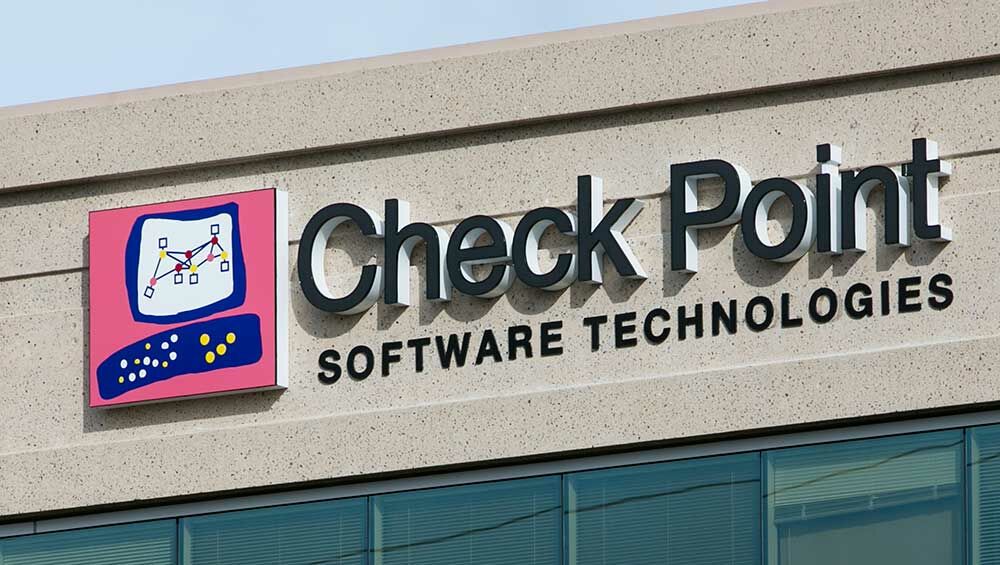Check Point acquires AI security platform Lakera for $300M to strengthen enterprise AI protection
Postado por Editorial em 17/09/2025 em NEWSCybersecurity firm Check Point Software Technologies purchases AI-native security company Lakera to build comprehensive AI security capabilities. The acquisition targets growing enterprise demand for protection against AI-powered threats and vulnerabilities in LLM deployments.

Check Point Software Technologies has agreed to acquire Lakera, an AI-focused security platform, in a $300 million transaction designed to enhance the company's artificial intelligence security offerings for enterprise clients.
Lakera operates as an AI-native security platform specializing in protection for agentic AI applications. The company was established by artificial intelligence specialists with backgrounds at Google and Meta, maintaining research and development centers in Zurich and San Francisco. The acquisition will enable Check Point to offer comprehensive AI security solutions addressing the expanding attack surface created by enterprise AI adoption.
The company's primary products, Lakera Red and Lakera Guard, deliver pre-deployment security assessments and real-time runtime protection for large language models, AI agents, and multimodal AI workflows. These solutions address security concerns as organizations increasingly integrate LLMs, generative AI, and autonomous agents into core business processes.
According to Check Point, enterprise AI adoption introduces new security challenges including data exposure, model manipulation, and risks from multi-agent collaboration and autonomous decision-making systems. The company's May 2025 AI Security Report highlighted how artificial intelligence has complicated digital security by enabling cybercriminals to use generative AI and LLMs for sophisticated attacks.
Lotem Finkelstein, director of Check Point Research, noted the emergence of digital twins as a significant security concern. "These represent AI-driven replicas capable of mimicking human thought and behavior patterns, creating new challenges for digital identity verification," Finkelstein explained.
The acquisition strategy centers on combining Lakera's runtime protection capabilities for LLM inputs, outputs, and data flows with Check Point's Infinity cybersecurity architecture. This integration aims to create enhanced defense mechanisms against AI-powered security threats.
Following transaction completion, Lakera will establish the foundation for Check Point's Global Centre of Excellence for AI Security, focusing on research, innovation, and platform integration across Check Point's security offerings.
Nadav Zafrir, CEO of Check Point Software Technologies, emphasized the strategic importance of addressing AI-related security challenges. "AI transformation introduces new attack surfaces requiring specialized protection approaches. Lakera provides AI-native security capabilities with the precision and scalability enterprises require for confident AI adoption," Zafrir stated.
David Haber, co-founder and CEO of Lakera, highlighted the company's focus on real-time security and research capabilities designed specifically for AI environments. "This partnership enables global acceleration of our mission to protect LLMs, generative AI, and autonomous agents with enterprise-grade security standards," Haber commented.
Hendrik de Bruin, head of security consulting SADC at Check Point, outlined the comprehensive security requirements for AI protection, including mapping and visibility for active agents and models, application and API security against prompt injection and manipulation attacks, data access controls, and regulatory compliance across AI-driven systems.
The Lakera acquisition reflects broader market trends as enterprises seek security solutions tailored to AI-specific vulnerabilities and attack vectors. Traditional cybersecurity approaches require adaptation to address unique challenges presented by AI model deployment, autonomous agent behavior, and AI-generated content verification.
The transaction is expected to close during the fourth quarter of 2025, subject to standard closing conditions and regulatory approvals.




